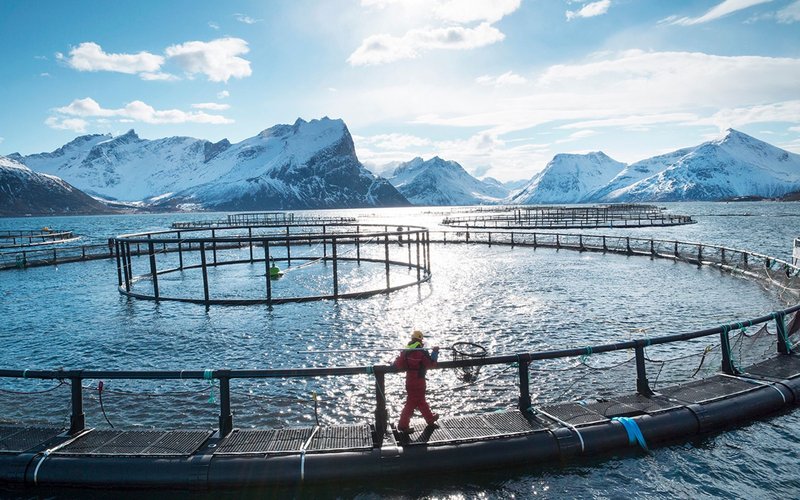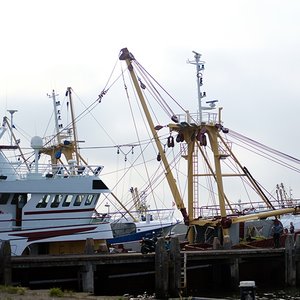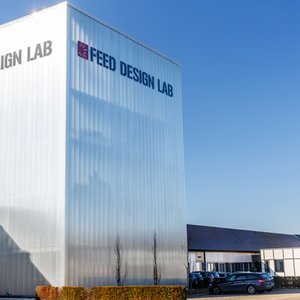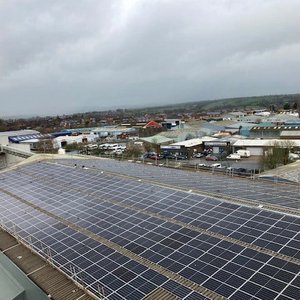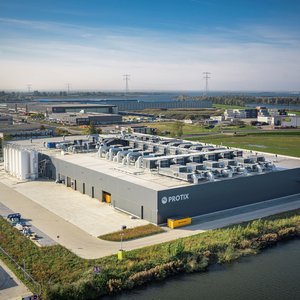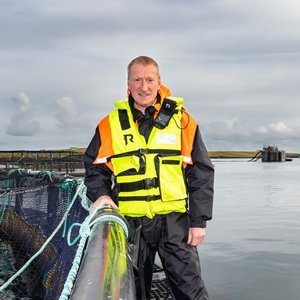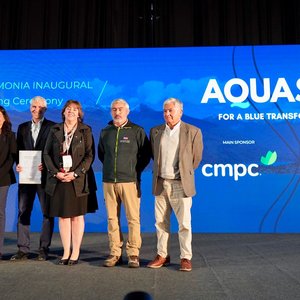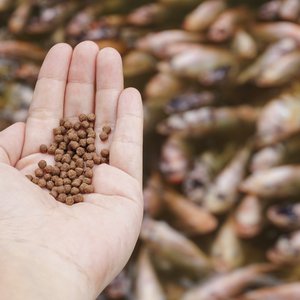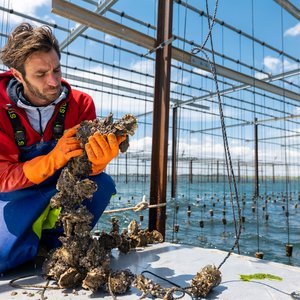The Bellona Foundation, the Norwegian Seafood Federation and seven major players in the fish feed industry have joined forces to improve the climate footprint of Norwegian salmon. The initiative “Råvareløftet” seeks to accelerate the development of new raw materials for fish feed. The aim is to contribute to major cuts in greenhouse gas emissions while generating employment and furthering the development of the aquaculture industry.
The aquaculture industry plays an important role in Norway's green transition. Feed alone accounts for approximately ¾ of greenhouse gas emissions of Norwegian farmed salmon - when airfreight to distant markets is omitted. The key challenge for the fish feed industry towards 2030 will be to deliver a stable supply of sufficient volumes of nutritionally adequate raw materials while ensuring greenhouse gas emission reductions and increased sustainability. For this reason, the Bellona Foundation, the Norwegian Seafood Federation, Aker Biomarine, BioMar, Calanus, Cargill, Hordafor, Skretting and Mowi now launch the collaboration platform Råvareløftet.
“We believe that Norwegian production of new raw materials for fish feed may be the start of a new green industrial opportunity. It is therefore very exciting to be able to draw on the collective expertise of the industry in finding new and sustainable solutions,” said Joakim Hauge, manager for The Bellona Bio-program and project responsible for Råvareløftet. “The feed issue cannot be solved by individual actors alone, but will require coordination between industry, government, science and stakeholders in the fields of environment and sustainability,” Hauge added.
“The Norwegian seafood industry has an important societal mission to produce sustainable and healthy food for a growing world population. We take this seriously and with Råvareløftet we are now taking an important step into an even greener future,” said Geir Ove Ystmark, CEO of the Norwegian Seafood Federation. “In Norway, 250,000 new jobs are needed by 2030 if we are to secure the welfare state. We will do our part to ensure that these jobs are created as part of the ongoing sustainability transition in the ocean industries.”
“Råvareløftet is a very exciting partnership that may provide climate benefits, business opportunities and job creation. It would be a win-win situation for Norway if we could replace the large volumes of imported soy with alternative feed raw materials based on Norwegian resources. This spring, as part of economic coronavirus measures, we allocated an additional NOK20 million ($2.2 million) to research into the development of fish feed based on Norwegian raw material sources. However, we are also dependent on the private sectors’ willingness to invest. I am therefore very pleased with the initiative industry and The Bellona Foundation are showcasing with Råvareløftet,” said Minister of Fisheries and Seafood, Odd Emil Ingebrigtsen.
All partners will contribute expertise, data and resources to Råvareløftet. The Bellona Foundation will assist the industry in identifying new solutions and opportunities and ensure that the private sector, politics and the policy landscape are in alignment. In its strategic vision, “Sustainable Aquaculture 2030”, the Bellona Foundation has pointed out the importance of establishing broad coalitions in order to develop new and more sustainable raw materials for fish feed.
“We are pleased with the commitment, ambitions and knowledge the Norwegian Seafood Federation and key players in the feed industry are bringing to the table. Together, we will lay the foundations for the development of novel raw materials, lowering emissions and reducing environmental impact. With Råvareløftet we invite government and state bodies, R&D environments, industry and other societal actors to participate in an initiative that aims to create jobs and economic value, as well as cut greenhouse gas emissions in accordance with the Paris Agreement,” said Hauge.


